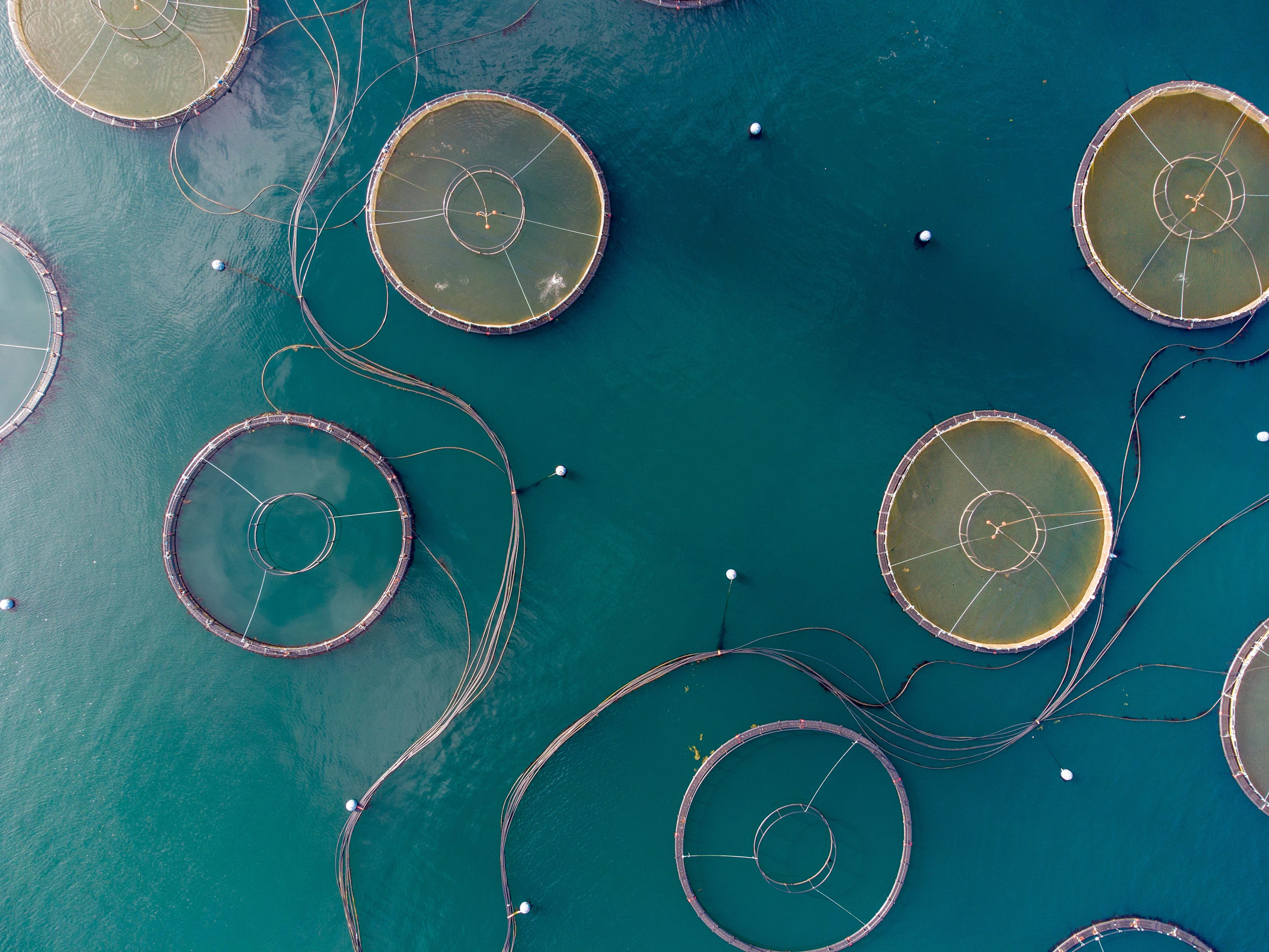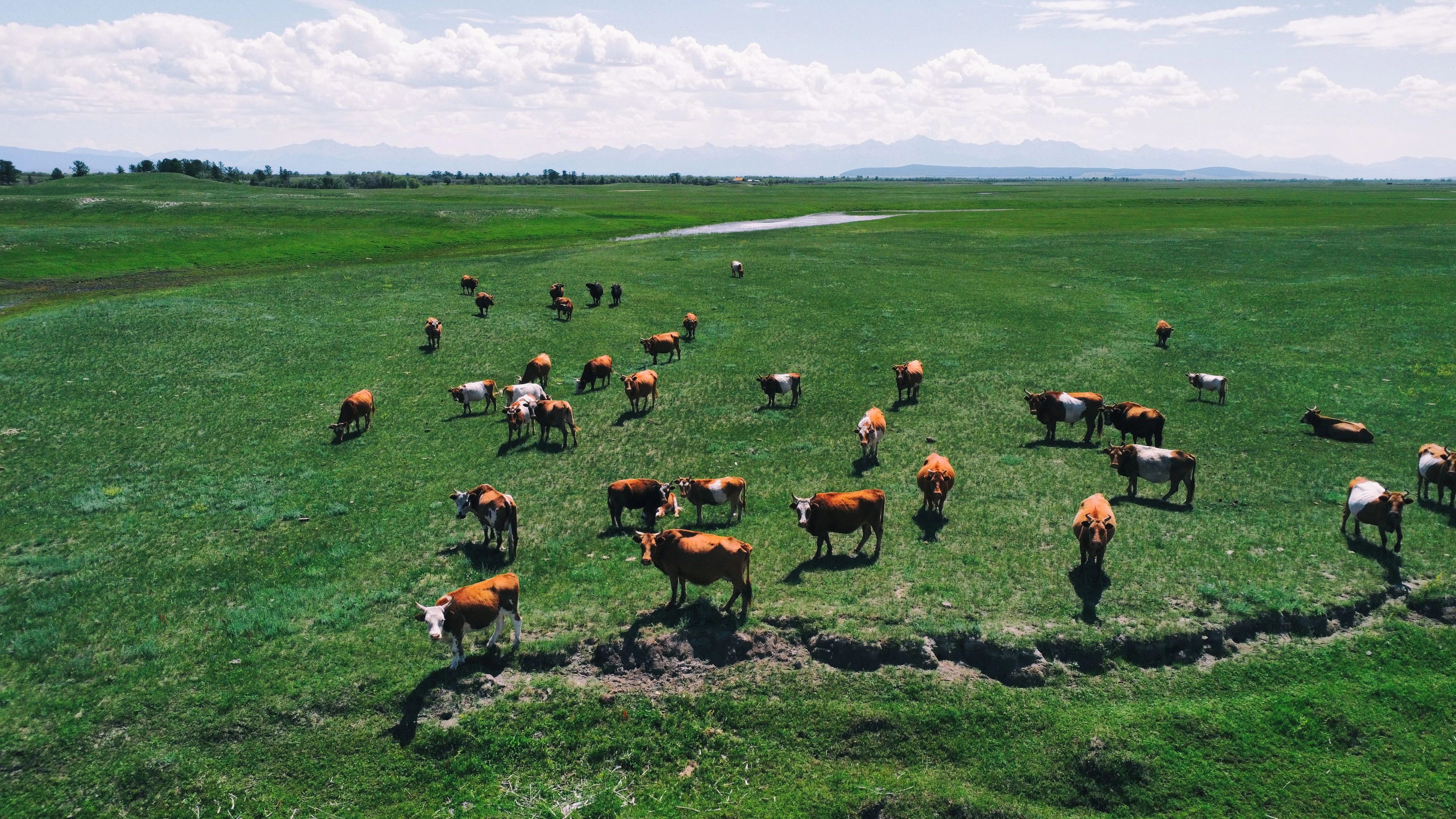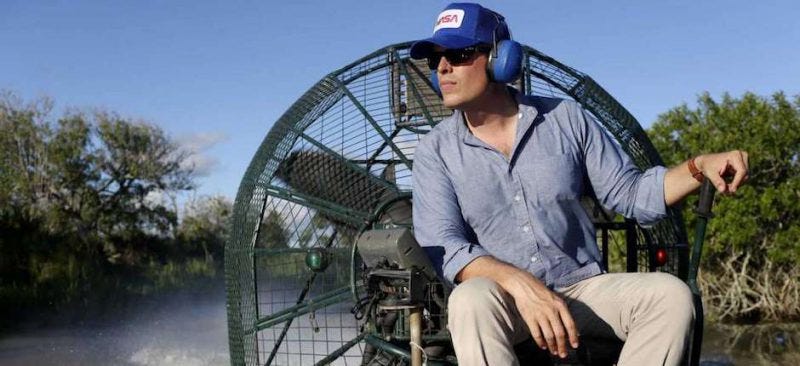Restoring Biodiversity - 7/16/2024
The many serious problems of fish farming. The federal government acknowledges harms of dams on native American communities. Does America suddenly have a record number of bees? And more...

Thank you for subscribing to the Pitchstone Waters weekly newsletter.
Here is what we’ve been reading, watching and writing about over the past week…
Articles

Toxic Waters: The Dark Side of Farmed Fish
This article discusses the many serious problems of fish farming.

In a First, Federal Government Acknowledges Harms of Dams on Native American Communities
Damned if you do, damned if you don’t.

Wait, Does America Suddenly Have a Record Number of Bees?
There are over 20,000 known bee species in the world, and 4,000 of them are native to the United States. Many native bees are smaller in size than a grain of rice.
Honey bees are not native to North America. They were originally imported from Europe in the 17th century. Honey bees help pollinate many U.S. crops like fruits and nuts. Much that we take for granted in our lives would not be possible without this ‘invasive, exotic’ species.”
Videos

Regenerating Mongolian Grasslands
Planned grazing can be accomplished with many different species, and adapted to almost any culture.

Guadalupe Delta Faces Big Challenges as Water Demand Grows
All living systems function similarly so the insights below apply to deserts as well as marshlands and estuaries. Even in Texas, the wind blows only one way on coastal estuary water issues. As to Guadalupe-Blanco River Authority and San Antonio Water System, one gets to be first, one gets to be second: neither gets to ignore this. Of course, the winner should be Texas’ fisheries, wildlife and citizens, but… As corporate giants such as Dow Chemicals and Formosa Plastics continue to damage Texas’ estuaries, they might consider what environmental damage cost British Petroleum (BP).
—
And that’s it - as always thank you..
if you haven’t already - please check out our views on biodiversity at https://pitchstonewaters.com/blog/
Please pass along, and if you if you received this from a friend - consider subscribing below.
